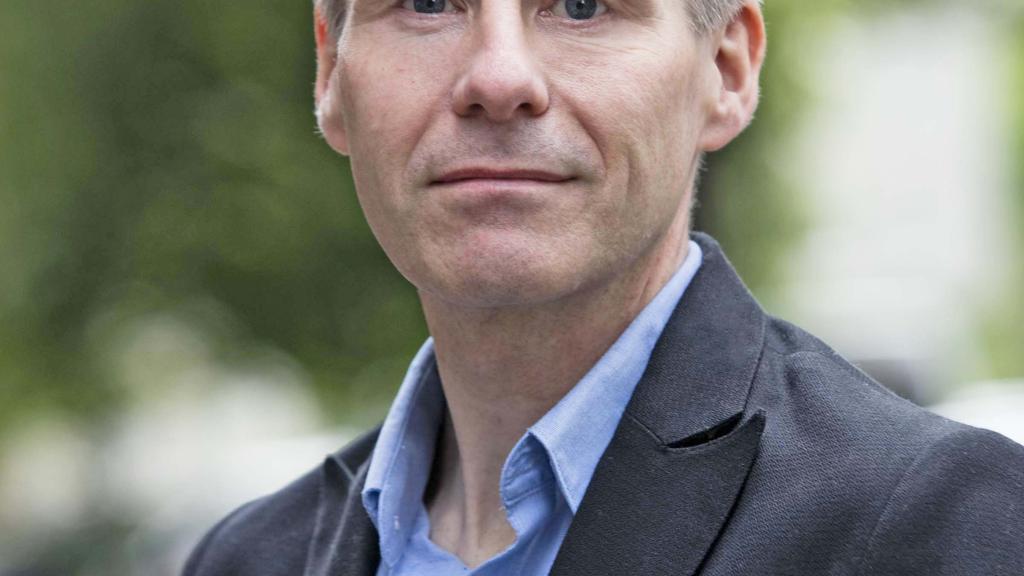
Researcher in Focus - Prof David Hevey
This month our Researcher in Focus is Prof David Hevey. Prof Hevey is the current Head of the School of Psychology in Trinity College Dublin, and the founding director of the Trinity College Research Centre in Psychological Health. His research focuses on the application of psychology to enhance health and well-being.
David completed his PhD in health psychology in the School of Psychology in Trinity College Dublin. He began his career working in Beaumont Hospital and the Royal College of Surgeons in Ireland; he subsequently moved to the School of Psychology in Trinity College Dublin.
David has a long-standing interest in psychological aspects of cancer and in the past decade has published internationally on various aspects of cancer, including research on prostate cancer screening and men’s experiences of adjustment to living with prostate cancer. He has worked with colleagues from Psychological Medicine in St. James’ Hospital to publish research on mindfulness-based interventions for cancer patients. David has also published a number of studies on psychological factors that influence skin cancer risk reduction behaviours. Over the past few years, David has advised the national Environmental Protection Agency regarding radon risk reduction programme development to prevent lung cancer. With colleagues from Physiotherapy in TCD, he is currently co-supervising a PhD examining physical activity among those with advanced cancer.
His research has been supported by the Irish Cancer Society, which provided research funding for Dr. Maria Pertl to conduct her PhD on cancer-related fatigue under David’s supervision. Recently David received funding from the Medical Charities Research Group (including the Irish Cancer Society) and the Health Research Board to develop a novel programme to support healthy behaviours among adolescents in socially deprived communities.
David is currently interested in research promoting health behaviours as a means to avoid cancer. Unhealthy behaviours (e.g., smoking, drinking, lack of physical activity) established during adolescence often persist into adulthood; by changing health behavours, adolescents can develop key health habits that reduce the risk of later chronic illnesses such as cancer. In David’s research, a number of adolescents will be trained in an effective method for behaviour change (motivational interviewing) and they will deliver this intervention to other adolescents in their communities who have unhealthy behaviours. David believes that focusing on peers as educators of behaviour change is important as an adolescent’s peer group can have a strong influence on how he or she behaves in terms of health-promoting (regular physical exercise) and health damaging behaviour (smoking, alcohol consumption). The project works collaboratively with adolescents in vulnerable and marginalised communities to enhance their health opportunities.
